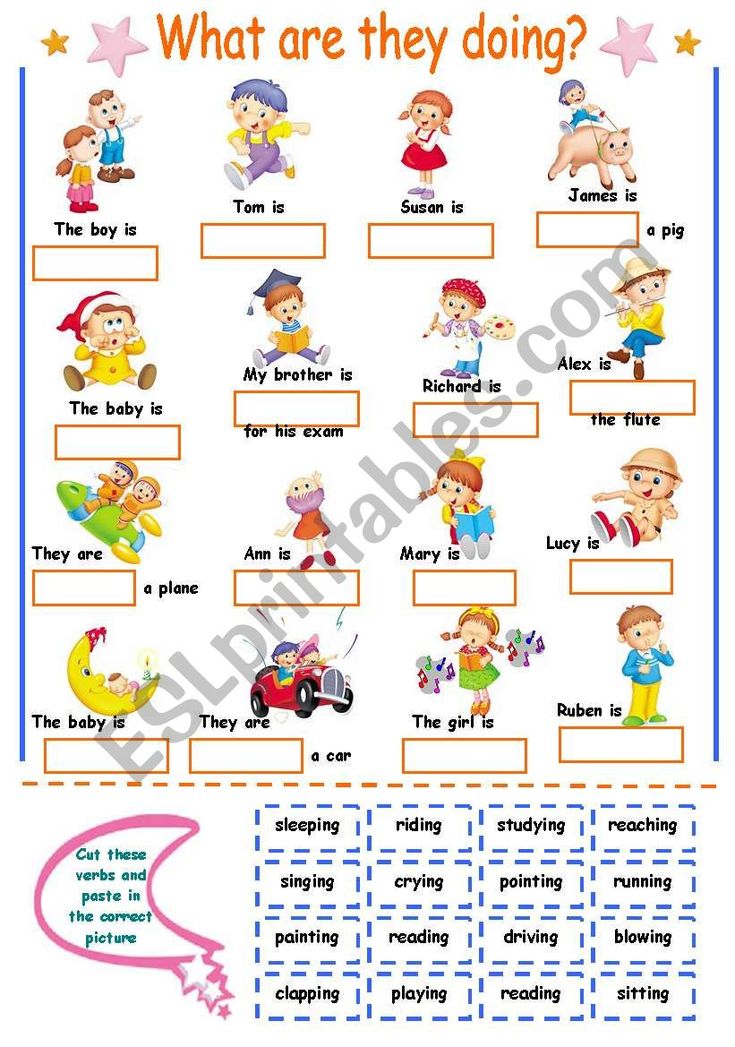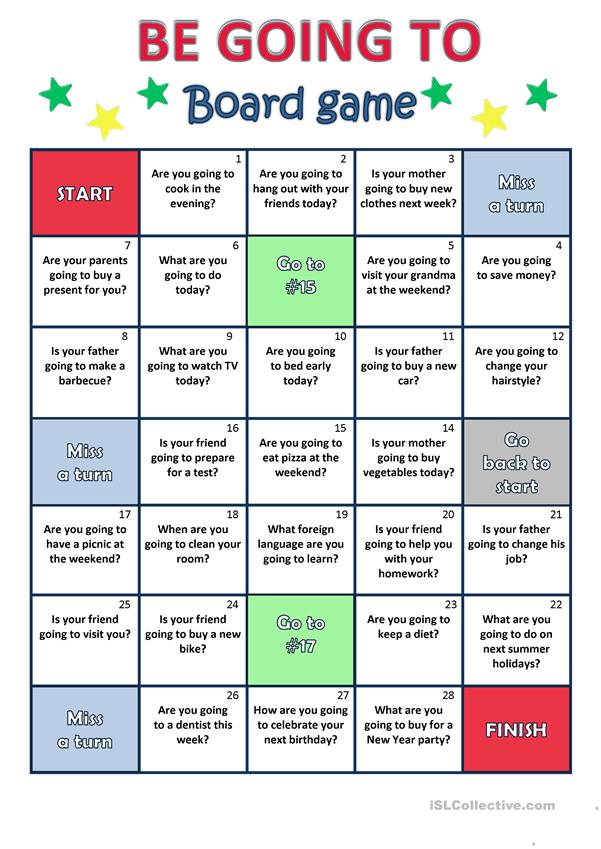How to help my child pay attention in class
How to Help a Child Focus in the Classroom
Inside: Unsure about how to help a child focus in the classroom? Help your child focus and learn to concentrate better using these five core strategies at home. Post may contain affiliate links, which means at no extra cost to you I may earn a small commission if you make a purchase.
I often hear from concerned parents that their child’s teacher has shared something with them, and it sounds something like…
My child is difficult for the teacher to manage.
They take too long to do the task at hand from the teacher.
She doesn’t follow directions in school.
My child has trouble focusing in the classroom.
This puts you in a really tough position as a parent because you can’t exactly control what’s happening in the classroom. The teacher is also in a tough position, needing to manage the competing demands of a large classroom of children.
It’s hard no matter how you look at it.
Here’s where you and the teacher hold common ground: You both want the child to not only be successful in school, but in life! And of course, you want to work together in cooperation.
Which begs the question…
As a mom, I can wholeheartedly attest to struggles in getting my kids to focus. There was a time when I could barely get them to sit at the dinner table for five minutes – literally. Waiting in line at the post office with kids was a joke. And grocery shopping involved a lot of bribery.
We’ve come a long way since then.
Most articles you read on helping kids with lack of focus in school will recommend things like seat kids away from distractions, make learning fun, vary teaching methods, set up routines, etc.
5 fresh ideas to improve focus in kids.
All those are great strategies to use in the classroom, but what they don’t address is how you can start to help your child build focus, self-control and attention span at home.
You can’t control what happens in the classroom. You can, however, work with your child at home using five core strategies.
1. Play board games for concentration.
Board games are one of the best ways to help your child build executive function, which is the cognitive or “mind” part of self-regulation. When kids need help focusing, what you’re actually wanting to help your child do is build better self-regulation skills.
The Center for the Developing Child defines executive functions and self-regulation skills as:
the mental processes that enable us to plan, focus attention, remember instructions, and juggle multiple tasks successfully. Just as an air traffic control system at a busy airport safely manages the arrivals and departures of many aircraft on multiple runways, the brain needs this skill set to filter distractions, prioritize tasks, set and achieve goals, and control impulses.
The more you can help your child practice attention skills at home, the sooner they will be able to apply those skills and concentrate in school.
Here are some of my favorite board games to play with kids:
- Outfoxed – a cooperative whoodunit game.
- Race to the Treasure – a cooperative game for kids.
- Eye Found It! – hidden picture game.
- Suspend Junior – an exciting balance game.
For more board games to help build executive functioning in kids check out these best board games for 5 to 7 year olds and best games for self-regulation in 3 to 5 year olds.
You can also help your child learn to concentrate by using other self-control games like these:
- Red light, Green light
- Simon Says
- Mother May I
- Freeze Tag
- Follow the Leader
2. Practice waiting – A LOT – to improve attention span.

Practice waiting with your kids as many times as you can fit into the day. In the doctor’s office, at the grocery store, at the dinner table and during play at home are all places that are great for practicing self-regulation.
Instead of reaching for your phone or electronic device to distract your child, practice playing games with your child while waiting. These are creative hand games or mind games to play with your child to improve focus and attention. They only require your body sitting in a chair and nothing else.
Here are some examples:
- While waiting in the doctor’s office we may play “the thinking game” where my son will describe something and I have to guess what it is.
- While at the grocery store, play “I spy” where you describe something you see and your child has to guess it.
- Have your child place his hands out palms facing up. Place your hands hovering over his, except with your palms facing down. The goal is for your child to try and slap the top of your hands.
 Then switch roles.
Then switch roles.
In addition to waiting in different scenarios out and about, practice waiting at home for a toy that a sibling has, a special treat like a cookie, or a toy they want to buy at the store.
If waiting is met with tears, sadness or a temper tantrum, be sure to acknowledge thoughts and feelings and validate how hard this must be for your child. Building self-control takes a lot of work – especially for kids! Knowing that you are on their side and that you understand their point of view will make a huge difference in your child’s mental health!
Related: How to Respond When Your Child Feels Rejected or Sad
Finally, have your child practice sitting at the dinner table until everyone is finished. Getting them used to sitting for about 30 minutes can help kids stay focused once they transition into the classroom.
3. Focus immensely on vestibular and proprioceptive input.
In order for kids to listen, focus and learn to sit still for a period of time, they must develop both proprioception and vestibular sense. The most critical time to develop a child’s proprioception and vestibular sense is before age six.
The most critical time to develop a child’s proprioception and vestibular sense is before age six.
Proprioception is what tells you where your body parts are without having to look at them. This is the sense that helps you make sense of gravity. It’s the reason you can switch from the gas pedal to the brake without looking at your feet, or bring popcorn to your mouth without taking your eyes off the movie screen.
Without properly developed proprioception, kids can push too hard during tag, fall out their seat at the dinner table or trip while walking up stairs.
Vestibular sense provides information about where the body is in relation to its surroundings. This is the sense that helps you understand balance, and it connects with all the other senses.
Without a strong vestibular sense, kids will have no choice but to fidget, get frustrated, experience more falls and aggression, get too close to people when talking, and struggle with focusing and listening.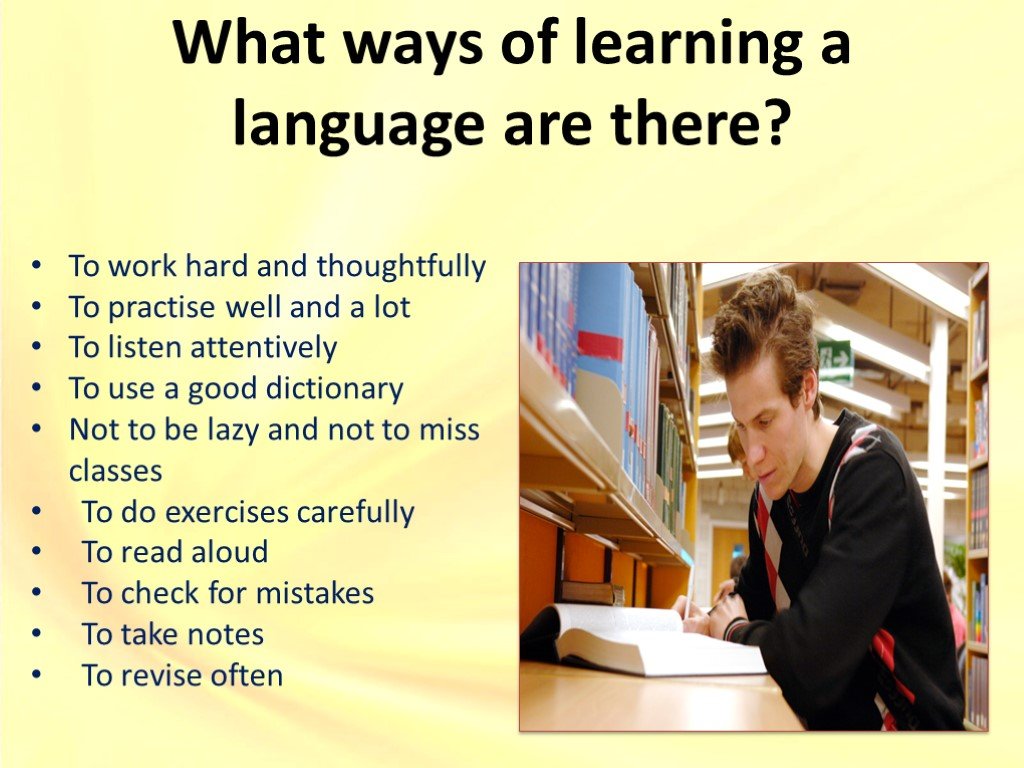 Because they literally cannot help it.
Because they literally cannot help it.
You can read more about a series of activities you can do with your child to support vestibular and proprioceptive development in my post here:
The Most Overlooked Reason Why Kids Won’t Listen, Focus or Sit Still
There’s a free printable worksheet at the bottom of that post with the exercises too.
4. Cut back on screens – WAY back.
Study after study shows that kids who have more screen-time (or video games) have lower attention spans and lose focus. Without realizing it, screen-time can really add up fast.
While some past studies recommend kids use a screen device less than two hours a day, new research is recommending that children only have zero to 30 minutes per day.
Some experts even recommend a “screen fast” where electronics are completely removed for several weeks to allow your child’s neurological system to reset.
If done correctly, this intervention can produce deeper sleep, a brighter and more even mood, better focus and organization, and an increase in physical activity.
The ability to tolerate stress improves, so meltdowns diminish in both frequency and severity. The child begins to enjoy the things they used to, is more drawn to nature, and imaginary or creative play returns.
5. Encourage role-play at home.
According to the late Dr. Karyn Purvis, “It takes approximately 400 repetitions to create a new synapse in the brain – unless it is done with play – in which case, it takes between 10-20 repetitions.”
Talking to your kids about what they could say or do instead when they are fidgety or bored in the classroom is always an option. However, the most efficient way to help your child problem-solve solutions, and actually have them remember in the moment, is to have them role-play with you at home.
Practice with your child using role-play in a variety of ways. One that I love is, of course, role-reversal games.
In the example of helping your child focus, your child would play the teacher (that’s them reversing into the teacher role) and you would play the fumbling child who always gets distracted, dawdles and can’t concentrate in school.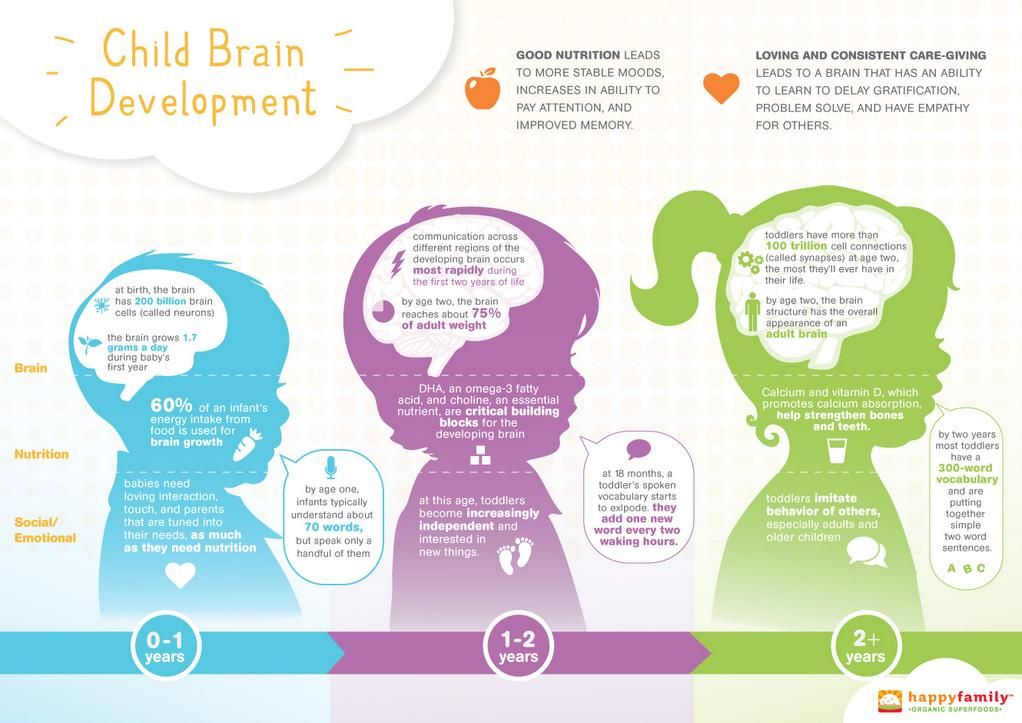
The more exaggerated you get with your inability to focus, the more fun it will be for your child. This creates a deep connection and a safe space for you and your child to work through this challenge.
Once your child asks to play the role of the student again, you’ll know he or she is opening up to your guidance and solutions will start showing up in play.
Play out potential strategies your child could use to pay attention in class and focus. The funnier they are, the more memorable they will be when the moment strikes in real life.
Recommended reads on using play in parenting:
- How to Use Role Play With Kids to Solve Problems
- The Playful Parenting Game That Helps End Power Struggles
- Playful Parenting by Dr. Lawrence Cohen
- The Parent Survival Guide by Dr. Theresa Kellam
Here’s to getting kids to sit at the dinner table for 30 minutes, wait in line at the post office without a fuss, seamless grocery store trips and working with your child’s teacher in collaboration to build focus, concentration and attention span.
Related: Best Customizable School Night Routine for Kids
Print this free listening checklist.
This post comes with a free printable checklist to help with listening. I always have the hardest time remembering these phrases. This printable simplifies it!
Here is a sneak preview…
Download Your Free Printable
- Download the checklist. You’ll get the printable, plus join 37,000+ parents who receive my weekly parenting tips and ideas!
- Print. Any paper will do the trick, but card stock would be ideal.
- Place it on your refrigerator. Check things off as you go and don’t forget a thing!
Want more on parenting?
- One Genius Phrase to Try When Kids Say, “I Can’t”
- The Big Reason Why Setting Limits With Your Strong-Willed Child Isn’t Working
- Dealing With Controlling Kids? The “Secret Sauce” to Gaining Cooperation
- A Simple Mealtime Hack That Will Get Your Kids to Eat Vegetables
- 4 Year Old Not Listening? How to Ditch Defiance and Nurture Cooperation
I've created a free email series just for you! If you are struggling with teaching your child to listen, this series will help transform your parenting. Yes, really. I've seen my proven strategies work time and time again for parents. I know it can work for you too.
Yes, really. I've seen my proven strategies work time and time again for parents. I know it can work for you too.
After taking my free email series, you will:
- Learn simple, yet highly effective listening strategies
- Experience a stronger connection with your child
- Enjoy more peaceful parenting days
- Gain more cooperation from your child
Click here to sign up!
Are you new to this community? Start here, friend.
How To Help Your Child Focus In School (And At Home)
It’s common for students at all grade levels to have trouble staying focused.
Whether it’s struggling to pay attention in class or having a tough time completing homework assignments, focus issues can have a big impact on student’s performance.
There can be many reasons children struggle to focus in school—from lack of comprehension to organization problems.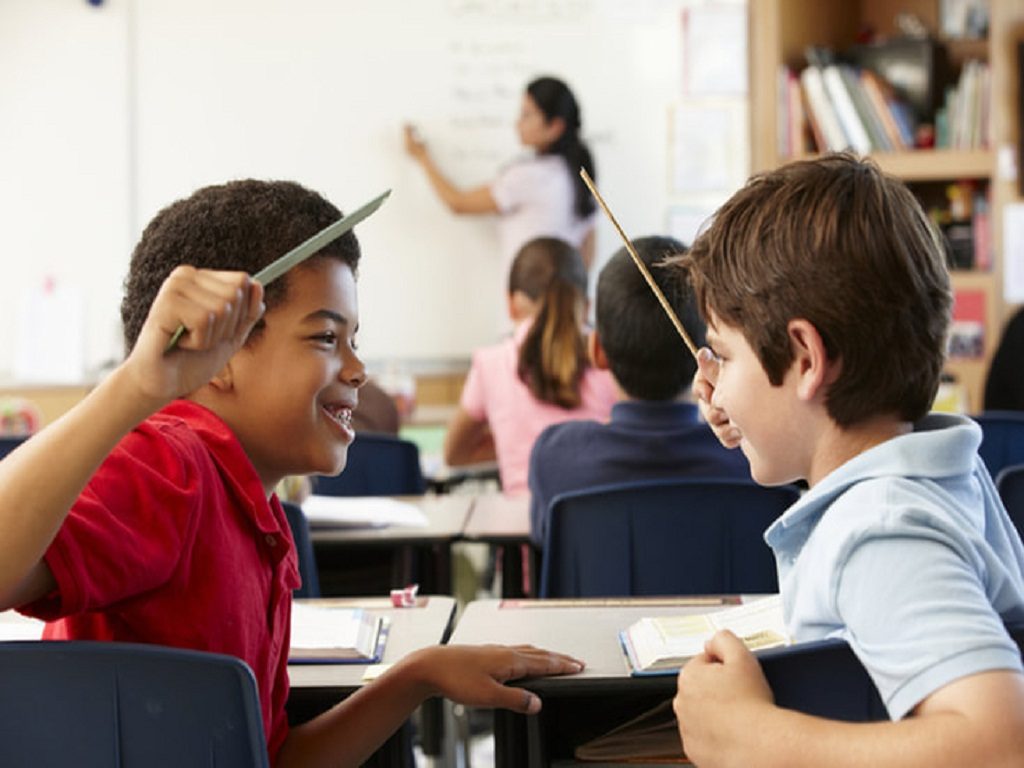 The good news: with the proper goals and structure, it’s possible to help your child improve his or her focus and concentration.
The good news: with the proper goals and structure, it’s possible to help your child improve his or her focus and concentration.
Start helping your child focus better in school by following these 15 tips.
How To Help Your Child Focus (At School And At Home)
Help Your Child Focus His/Her Mind
Tip 1 – Do One Thing At A Time
For many students, multitasking is not their friend. Jumping between tasks causes any momentum to be lost. Train your child to tackle one thing at a time, rather than working on multiple things at once. This will help focus your child’s mind on what’s in front of him or her, rather than trying to think about too many different things at once.
Tip 2 – Break Things Down
Breaking down large assignments into smaller tasks can help improve focus by making things more manageable to tackle. Trying to take on too much at once is a recipe for boredom and distraction. By breaking things down, your child has a clear idea of what needs to be done and a sense of accomplishment once it’s completed. That accomplishment can be a big motivation-booster!
That accomplishment can be a big motivation-booster!
Tip 3 – Make A List Of Goals
Sometimes, it’s not that students can’t focus—it’s that they don’t know what to focus on. Before your child tackles any assignment or starts a study session, create a list of goals to give your child direction. For example, if your child is sitting down to a study session, his or her goals may be to review and create study notes for 1 chapter or topic.
Once your child has achieved these goals, take a break to allow your child to refresh his or her brain before tackling a new task.
Create (Organized) Work Environments
Tip 4 – Make A Dedicated Workspace
A disorganized space can be a major cause of distraction for your child. Make sure your child has a dedicated study space such as a desk or table to work on. This space should be clear of clutter and only include items that he or she needs for that study session (like his/her textbook, notebook, study tools, and note-taking supplies).
Tip 5 – Organize Notebooks And Notes
Organized notes are just as important as an organized study space. Help your child organize his or her notes so they are easy to find—colour-coded tabs or folders for each subject are a great option.
Make sure your child’s class notes are neat as well. Disorganized and incomplete notes can be a big concentration-killer for students. Learning how to take effective study notes ensures that your child can spend his or her time reviewing a topic, rather than searching for missing information.
Tip 6 – Learn How To Deal With Distractions
You won’t always be able to completely remove distractions—so teach your child how to deal with them, instead. Help your child brainstorm ways to refocus on the task at hand when he or she becomes distracted.
When your child is having trouble focusing, encourage him or her to get up and take a short break from what he or she is working on. For classroom distractions where getting up might not be an option, something as simple as your child closing his or her eyes and taking a few deep breaths can help refocus the mind.
Establish Consistent Routines
Tip 7 – Set Aside Time For Studying And Homework
Many children do best when they have a set routine they can stick to. Help your child create a daily schedule that includes time for homework, study breaks, and any other activities. Sticking to this schedule will help get your child into a routine where he or she is ready to sit down and focus on schoolwork.
Expert focus tip: Don’t forget to leave room for free time to allow your child’s brain to relax and recharge!
Tip 8 – Plan Study Breaks
Doing schoolwork for hours at a time without taking any breaks can quickly lead to a student’s focus dropping to zero. Plan frequent study breaks for your child to give him or her a chance to work off any extra energy, and help avoid becoming frustrated or overwhelmed.
Check out our blog post to learn how to take an effective study break.
Tip 9 – Stick To A Set Bedtime & Wake Up Routine
A well-rested mind is a focused mind. Help your child create and stick to a nightly routine so he or she gets to bed at a decent hour. A good sleep will help give your child’s mind a chance to absorb everything from the day and recharge for tomorrow.
Help your child create and stick to a nightly routine so he or she gets to bed at a decent hour. A good sleep will help give your child’s mind a chance to absorb everything from the day and recharge for tomorrow.
Find Focus In Everyday Activities
Tip 10 – Play Focus Games And Activities To Build Attention
Jigsaw and crossword puzzles are a great activity to give your child’s brain a workout outside of the classroom. These activities require problem-solving and focus, both of which your child can use in the classroom and while doing schoolwork. (Plus, they’re a fun activity for your child!)
Tip 11 – Help Your Child Practise Mindfulness
Mindfulness involves focusing your awareness on the present moment while acknowledging your thoughts and feelings. When your child is becoming distracted, encourage him or her to take a 5 minute break to sit quietly and take a moment for him or herself. Have your child use this time to think about what is distracting him or her and how to refocus on the task at hand.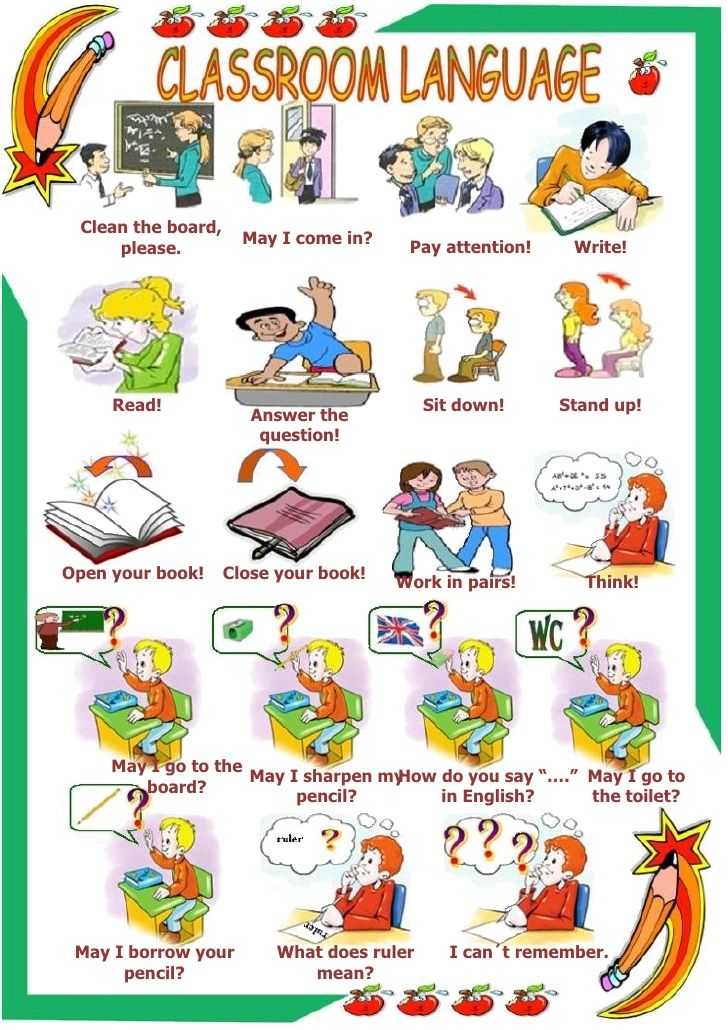
Tip 12 – Find Something Your Child Is Excited About
Lack of focus can come from a lack of engagement with the material. The solution: connect learning to something your child is interested in. For example, if your child is working on a book report but has trouble sitting down to actually read, try choosing a book on a topic he or she is interested in or wants to learn more about.
Talk About School Strategies
Tip 13 – Sit At The Front Of The Classroom
The classroom is full of distractions that can impact your child’s focus. Encourage your child to find a seat at the front of the classroom so he or she can focus on what the teacher is saying. If your child’s classroom has assigned seating, talk to the teacher about having him or her moved closer to the front if possible.
Tip 14 – Sit Farther Away From Distractions
Find out the common distractions your child struggles with when he or she is in class. It might be sitting near chatty friends or sitting beside a window.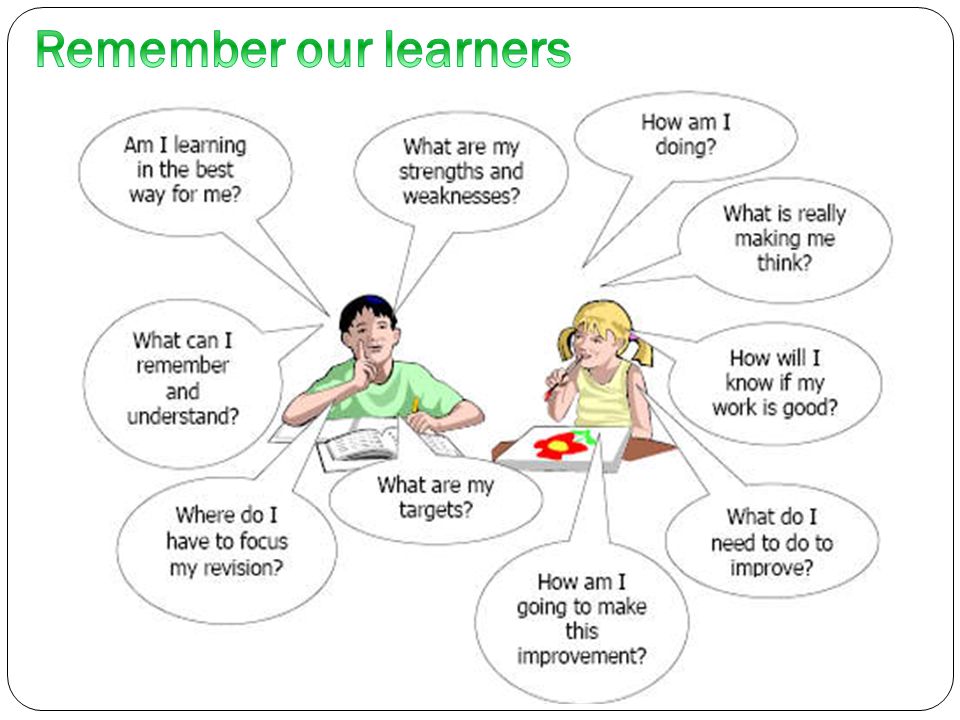 You can find out what may be distracting your child by asking his or her teacher, or talking to your child. Once you know what the biggest classroom distractions are, you and your child can work on a plan to overcome them.
You can find out what may be distracting your child by asking his or her teacher, or talking to your child. Once you know what the biggest classroom distractions are, you and your child can work on a plan to overcome them.
Tip 15 – Keep An Organized School Workspace
Just like at home, your child’s school workspace should be organized and provide the study tools he or she needs. This includes desks, lockers, and even backpacks. Encourage your child to clean out his or her school workspaces often, properly organizing stray notes into their proper binder and throwing away old, unneeded items (like that half-eaten lunch from two weeks ago).
Start Finding Your Focus
With these tips, your child can start building his or her focus skills and get on track to success. And if he or she needs a bit of extra help, our study skills tutoring program can help!
How to help a child get rid of inattention
The most useless thing an adult (parent, teacher) can do to develop a child's attention is to scold him for inattention and urge him to be more attentive.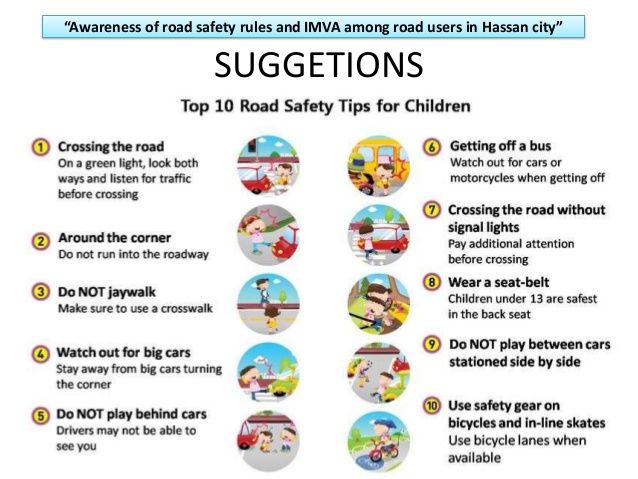 Of course, if a child is strongly yelled at, then he will mobilize for a short time and will be more attentive. And the adult will triumphantly say: “Maybe, when he wants to!”. And then the child will slide to his usual level of attention, the worker, that is, the one that the adult does not like. And the adult will say that the child CAN, but does not want to, fool. nine0003
Of course, if a child is strongly yelled at, then he will mobilize for a short time and will be more attentive. And the adult will triumphantly say: “Maybe, when he wants to!”. And then the child will slide to his usual level of attention, the worker, that is, the one that the adult does not like. And the adult will say that the child CAN, but does not want to, fool. nine0003
In fact, it is impossible for either an adult or a child to become fundamentally more attentive than he is. For a short time, urgently for some task or in connection with danger, attention can be mobilized, but emergency mobilization has a very short lifespan. And in order to become more attentive in principle, you need to develop a special mental function - attention. Do not CALL, but DEVELOP.
Attention, like everything else, is developed by training. It is necessary to organize activities in such a way that attention is actively demanded, then it will be developed and grow. So, for example, a hunter needs attention for a reason, but because otherwise he will not kill the game, and the game can kill him. And that is why the hunter mobilizes attention, trains it, and it becomes very developed. nine0003
And that is why the hunter mobilizes attention, trains it, and it becomes very developed. nine0003
If you want your child to be attentive, then you should try to organize special events where his attention would be actively working.
I must say right away that the younger the child, the easier it is to develop his attention. In some cases, with children from 10 years old, parents can hardly influence the level of his attention, since the child has already slammed the boundaries from his parents and does not want to interact.
The importance of the development of attention for the upbringing of a child cannot be overestimated. Attention is a huge part of the ability to navigate life in general. To behave appropriately among people you need to be careful. nine0003
You need to notice who is where and who is in what mood, you need to notice the nuances of the situation and its change. To ensure your physical safety, you need to be attentive to yourself and to what stands and moves around you.
In learning, attention is generally one of the central necessities. The best students are often not the smartest, but often very attentive children. And what a mind without attention, without the ability to notice details, to see their totality, to be able to observe ...
In general, the more attentive a child is, the more chances he has for a successful life. He does not forget to write down the task, call his parents when necessary, he does not suddenly have a rotten banana in his briefcase, he understands what is happening around him and in front of him, he is, as it were, grounded in reality, and this gives great bonuses. nine0003
Inattentive children are the favorite pain of parents. “We don’t write down the task” (“WE” are mandatory here), “the raven counts in the lesson”, “I knew everything for the control, but due to inattention I got a deuce.” Some age inattention, of course, is characteristic of children. But it is easy to see that not all children are so inattentive, and this property can definitely be developed, no matter how degraded your child is.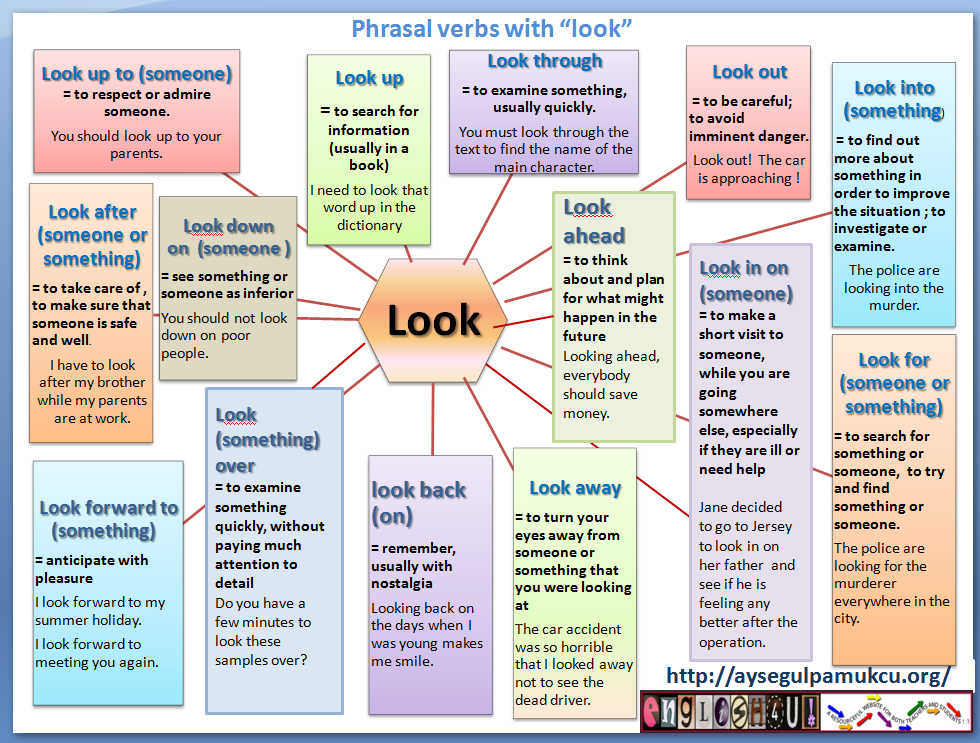 You just have to do it right.
You just have to do it right.
Ideas for developing attention
For the development of attention, special games, programs, applications and other bells and whistles are not needed. The best attention training happens in life.
Suggested ideas should not be taken too seriously, the game component, enjoyment of the process and ease are essential for success. Most children with normal (not great, but only normal) relationships with their parents go to these practices with pleasure, since this is, in fact, a game.
Some practices take the form of errands and chores, they are not a game, but also should not be offered to the child very strictly, it is important to maintain some positive attitude when you invite the child to do something. nine0003
Attention Mode
Tell the child that you are announcing "Attention Mode" when he should become very observant for a short while. You will ask him a question about the surrounding space, which he will have to try to answer. After a couple of minutes (gradually, the time should increase), ask the child a question about what was around you, but no longer in the child's field of vision.
After a couple of minutes (gradually, the time should increase), ask the child a question about what was around you, but no longer in the child's field of vision.
These questions might be:
Who was ahead of you in line?
- What was the doctor who was talking to you wearing? nine0037 - Which house did we pass? Colour? More or less than 3 floors?
- What color were the eyes of your interlocutor?
What is the door we just went through made of?
What signs were on this road?
What hat was the woman wearing?
Questions should be appropriate for the child's age and attention level. Very difficult or too simple questions will ruin the game, the child will get bored or annoyed, will not want to play.
Over time, you can no longer announce the attention regime, but simply ask the child attention questions. nine0003
The child will also want to ask you such questions, so be careful!
A more difficult version of this game is descriptions of objects. Ask to describe in more detail the places, objects or people that have been in front of the child's eyes for quite a long time. For example, ask your child to describe in as much detail as possible the metro station you were at, the interior of the cafe, etc.
Ask to describe in more detail the places, objects or people that have been in front of the child's eyes for quite a long time. For example, ask your child to describe in as much detail as possible the metro station you were at, the interior of the cafe, etc.
Orientation
All orienteering tasks sharpen the child's attention, teach him to keep his attention for a long time, to better understand the world around him. nine0003
- Study with your child the names and shapes of the streets you drive regularly. Ask to take a virtual walk: let the child take you mentally along the route, naming streets, intersections and turns.
Each task can also be performed in a mirror way, that is, you guide you along the route, and the child checks you (it is possible with a map for the first time).
- Observe the patterns in the display of goods in large supermarkets (they are the same). Study this question, and observe patterns in different stores with your child. It is also useful to explain to the child why the chewing gum is at the checkout, and not at the beginning of your route through the trading floor. nine0003
nine0003
Encourage your child to check the display patterns in different stores and different countries when traveling.
- Get the best route. This is especially convenient if you travel with a child in the subway. Teach your child to notice the optimal patterns of movement in the subway, convenient routes for movement in a large stream of people.
- Assign a child as the main navigation. The child can enter directions and help you find your way. It can also compare traffic with navigational directions (which street we are passing, where we are now turning). nine0003
All orientation tasks are very useful, include the child, train attention.
Assignments for the child
In carrying out all chores, the child must understand what is useful. He must clearly imagine what this benefit is and why his action is necessary for the family as a whole. Housework develops mindfulness well.
- Give your child difficult tasks. For example, ask him to buy bread, and on the way to see if a new issue of such and such a magazine has come out and buy a magazine, if only the number is new. Recently, parents are less and less giving this kind of instructions to children (it’s easier to do it yourself), and as a result, children swim in some kind of prostration, cut off from life’s realities, but tightly connected with virtual reality. Yes, it’s easier to do it yourself than to endure the unsatisfactory result of the child’s work. But education goes only through the organization of life, and not through parental words. nine0003
Recently, parents are less and less giving this kind of instructions to children (it’s easier to do it yourself), and as a result, children swim in some kind of prostration, cut off from life’s realities, but tightly connected with virtual reality. Yes, it’s easier to do it yourself than to endure the unsatisfactory result of the child’s work. But education goes only through the organization of life, and not through parental words. nine0003
- Instruct your child to check the expiration dates of the products or their composition, and on this basis, carry or not carry the products to the family cart in the store.
- Have the child keep the family tickets and show them to the ticket inspector. Try to get rid of the “come here, otherwise you will lose” attitude. On the contrary, entrust the child with an important and responsible matter, only in this way responsibility develops. Of course, you should not start with plane tickets, but you can trust a ticket to a museum or cinema.
- Give errands that require long attention, such as watering flowers. Tune in to the fact that at first the child will not succeed, but the ability to regularly follow something can be brought up.
More ideas
Elements of the whole
Being in thoughtful spaces (museums, subway, beautiful interiors) pay attention to how the elements of the whole are combined. How, for example, the shape of the lamp is combined with the pattern on the walls, and the color of the furniture matches the shade of the curtains. nine0003
Elements of the whole can be found in rooms, architecture, paintings in the design of books, in ancient and modern costumes, and so on.
White tablecloth
Of course, plastic or woven napkins are convenient, brushed off the dirt and that's it. However, all comfortable devices form relaxation and a certain carelessness. Enter the tradition of a white tablecloth once a week. And do not just lay this tablecloth, but try not to leave a single spot on it.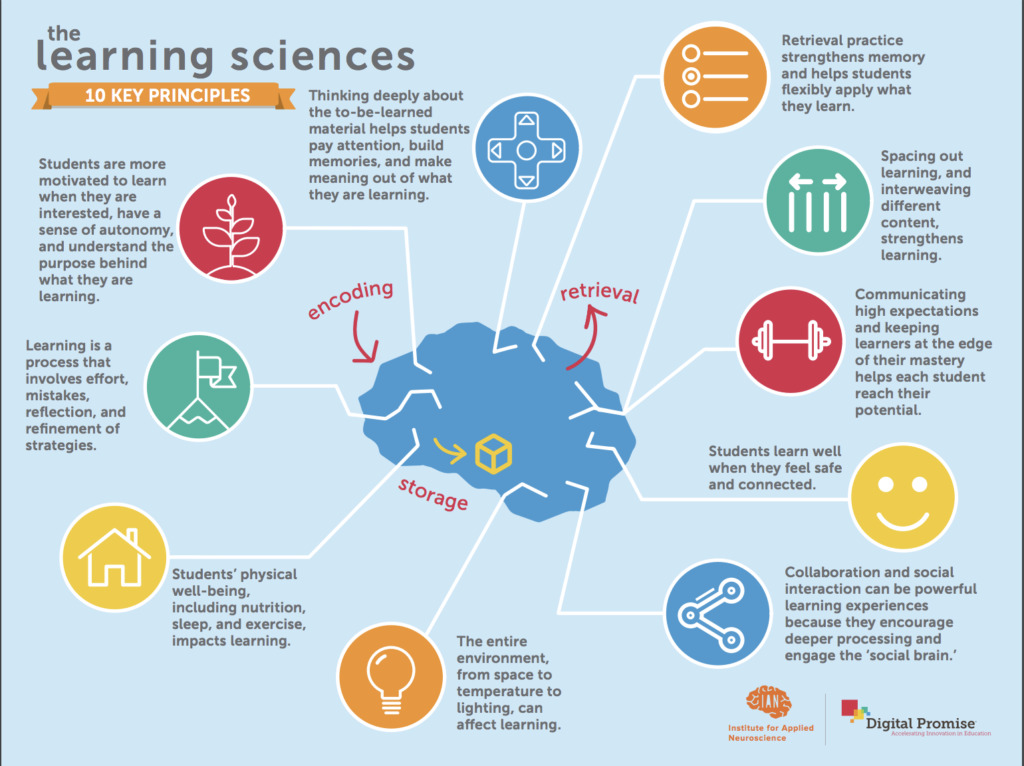 This practice is hardly suitable for parents who are especially sensitive to cleanliness, since stains should still be treated calmly, even with humor, but try to avoid them. The tradition of the white tablecloth should not turn into domestic terror because of stains, it should remain positive. During dinner, mindfulness is additionally trained on a white tablecloth, since neat food is not an easy task for a child (and for an adult)! nine0003
This practice is hardly suitable for parents who are especially sensitive to cleanliness, since stains should still be treated calmly, even with humor, but try to avoid them. The tradition of the white tablecloth should not turn into domestic terror because of stains, it should remain positive. During dinner, mindfulness is additionally trained on a white tablecloth, since neat food is not an easy task for a child (and for an adult)! nine0003
All the proposed practices have one thing in common - they require the attention and efforts of an ADULTS. But regular moralizing about the need to be more careful requires almost no effort, they are impulsive and habitual.
Parents often say, oh, it's all understandable, but it's so hard, and I have so little strength.
However, if you want your child to work hard and become more attentive, then you will have to work hard, this is a necessary element of the formula for success.
Even more useful articles on the Elizabeth site Filonenko
Subscribe to the author’s channel of the psychologist Elizabeth Filonenko
Inattentiveness of the child in the school: reasons how to deal with the multiplied attention of the student in the lessons
<< Lid>
We admire the image of Sherlock Holmes, from whose penetrating gaze no detail can escape. Of course, it takes a lot of time and energy to train attention at the level of a brilliant detective, but everyone can overcome inattention in the classroom. nine0003
Of course, it takes a lot of time and energy to train attention at the level of a brilliant detective, but everyone can overcome inattention in the classroom. nine0003
The ability to concentrate is not an innate quality, it can and should be developed throughout life. And the sooner you teach your child to focus on what is important, the easier it will be for him to learn.
How attention works
Before starting a conversation about how to deal with a child's inattention at school, it is necessary to understand what attention is and how it works.
<
Every minute our brain receives tens of thousands of signals: texts, sounds, smells, colors, internal sensations of the body. If we perceived them all at once, then, most likely, we would go crazy. Consciousness has a mechanism designed to filter incoming information and highlight what is important at the moment - this is attention.
Characteristics of attention
Attention has many characteristics that each person has developed to a greater or lesser extent. Starting the fight against the inattention of the child at school, it is necessary to observe how he does his homework and behaves in everyday life. So you can understand which of the following qualities should be given more attention:
- Concentration is the ability to focus on work, delve into the problem, see and analyze the properties of objects. Observation and composure of a person directly depend on concentration. The development of concentration is helped by puzzles, mazes, tasks to find differences, and the like.
- Attention Stability is the ability to maintain concentration for long periods of time and resist distractions. Children with developed stability of attention are more diligent and able to bring the work they have started to the end.
 Sustainability of attention is helped by puzzles, picture tasks with mixed lines and similar "meditative" puzzles. nine0151
Sustainability of attention is helped by puzzles, picture tasks with mixed lines and similar "meditative" puzzles. nine0151 - The attention span of is similar to the RAM of a computer, it allows you to keep a large amount of data in the attention span. The more developed this skill, the easier it is for the child to work with information - to analyze, compare and generalize. To increase it, train your child's logical thinking.
- Attention distribution is responsible for multitasking: for example, the ability to simultaneously listen to the teacher, take notes of the lesson and memorize information. Developing computer games can help to train this quality, in which you need to monitor several objects at once. nine0151
- Switching attention. How quickly a child can transfer attention from one object to another and move from one type of activity to another depends on his overall performance. Developing time games, tasks to find differences, computer puzzles with the search for objects, and so on help to increase the speed of switching attention.
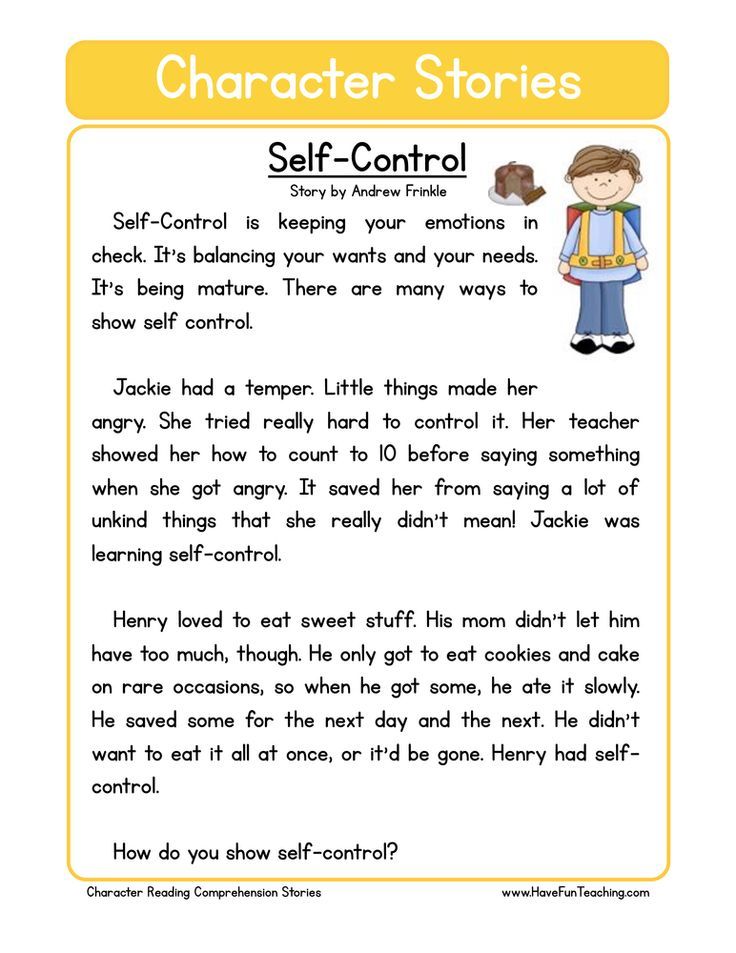
Causes of inattention in schoolchildren
It is important to understand what exactly prevents your child from concentrating on learning. By finding and fixing this problem, you will help him overcome inattention at school and improve academic performance. Here are a few common causes of absent-mindedness in children. nine0003
Reason 1: high workload
In an effort to give the child the most complete and versatile education, parents sometimes literally overwhelm their children with studies, and also enroll them in numerous circles, clubs and sections. High study and additional loads and lack of sleep cause absent-mindedness and poor academic performance.
Solution: distribute the load correctly. Remember that the child should sleep at least 7-8 hours a day and devote enough time to rest and entertainment. To do this, create a harmonious daily routine for your student. nine0003
Source: freepik. com
com To avoid overwork, the child needs to regularly pause during classes. One of the effective techniques for maintaining concentration while studying is the "pomato method", which allows you to alternate work and rest.
Reason 2: Lack of motivation
If a child is bored in class, they will try to amuse themselves by looking out the window or gadget screen, chatting with classmates, or just thinking about themselves. nine0003
Solution: The best way to draw attention to learning is to make it interesting. The choice of effective motivation depends on the individual characteristics of the child - his age, type of thinking and interests. The inattention of children in elementary school can most often be overcome by diversifying the educational process and introducing elements of the game into it. A teenager first of all needs an understanding of what benefits the acquired knowledge will bring to him.
Reason 3: Poor health
If a child rarely goes outside, does not get enough physical activity and a healthy diet, his ability to concentrate and sustain attention may be reduced.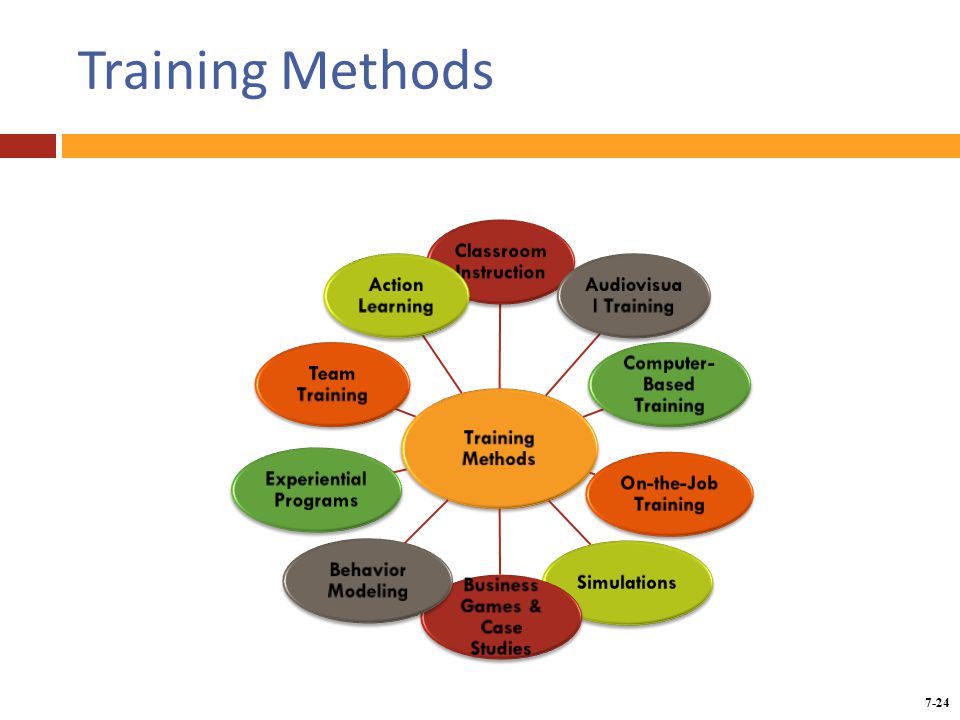
Solution: Improve your child's health by providing a balanced diet with the necessary vitamins and minerals. Vitamins of group B are especially useful for improving attention. For good cerebral circulation, a child needs to be in the fresh air regularly. Sports activities have a positive effect on mindfulness and the general condition of the body. Choose a sports section for your child based on his abilities and interests. nine0003
Reason 4: home environment
If at home a student is constantly forced to be distracted by family quarrels, the demands of relatives or just a loud TV, it is difficult for him to concentrate on the learning process.
Solution: try to create optimal conditions for your child to study. First of all, he needs a comfortable workplace and the absence of external stimuli, at least for the period of time when he is busy preparing for classes. nine0003
<
Negatively affects attentiveness and the growth of psycho-emotional stress caused by age-related crises, conflicts, self-doubt, overprotection, diseases (both physical and neurological) and fears. In these cases, the child may need specialist help.
In these cases, the child may need specialist help.
Cause 5: ADHD
In some cases, a child's inattention may be caused by a developmental disorder called Attention Deficit Hyperactivity Disorder (ADHD). nine0003
Restlessness and distraction of a child is not a reason to be afraid and take the child to a neurologist. The diagnosis of ADHD is made only on the basis of long-term observation of the child by the attending physician and only after the age of twelve.
It is worth seeking medical help only if the child:
- does not perceive oral speech,
- cannot consistently perform a task,
- often loses things,
- often performs involuntary physical actions and emits disturbing sounds,
- cannot wait.
Even if these signs are present, only a doctor can name the exact reason for such behavior - it can be either pedagogical neglect or neurological problems.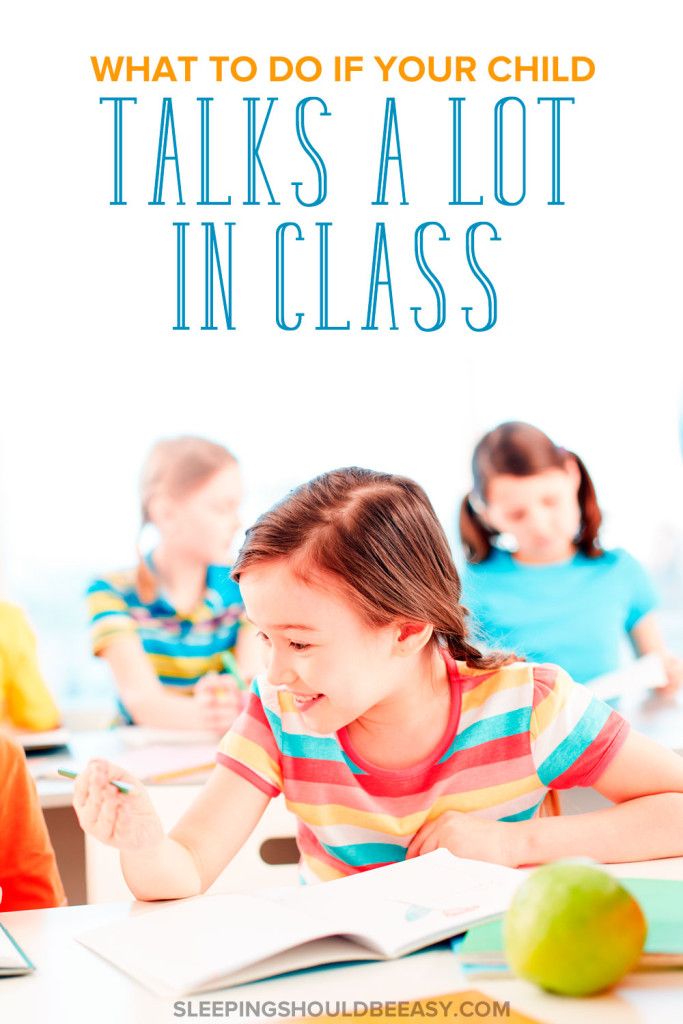
Children with ADHD are very mobile, but they get tired quickly, it is difficult for them to keep their attention on one thing for a long time and behave within strict school rules. This is due to the peculiarities of the structure of their nervous system, so it is impossible to re-educate a child with ADHD. However, his problems with attention can be corrected with the help of competent work of teachers and parents. nine0003
How to deal with inattention in schoolchildren
Today's children have to face much more difficult obstacles to the development of attention than previous generations. The reason for this is the huge amount of information and the clip thinking formed by the Internet.
In order for a child to be able to concentrate on work for a long time, notice non-obvious details and resist distractions, his mindfulness must be developed and maintained from an early age:
- Pay attention to the world around your child every day.
 Teach him to notice that flowers have blossomed in the flower bed next to the house, and the house under construction has grown a few more floors. All these details of everyday life can become objects for observation and a reason for reflection.
Teach him to notice that flowers have blossomed in the flower bed next to the house, and the house under construction has grown a few more floors. All these details of everyday life can become objects for observation and a reason for reflection. - Make sure that your child does not spend too much time with gadgets.
- Try to add variety to your daily routine. When we do the same things day after day and go to the same places, our attention wanders. Find new routes for walking with your child, discover new places, periodically rearrange the apartment - this will help maintain concentration and awareness. nine0151
- Do not scold your child for inattention - this is ineffective. He will begin to worry or become even more closed in his own thoughts, as a result of which he may become even more distracted. It is better to encourage situations in which he showed attentiveness.
- Lead by example. Feeling that you value composure and observation and always try to be attentive yourself, the child will also strive to pump this skill.
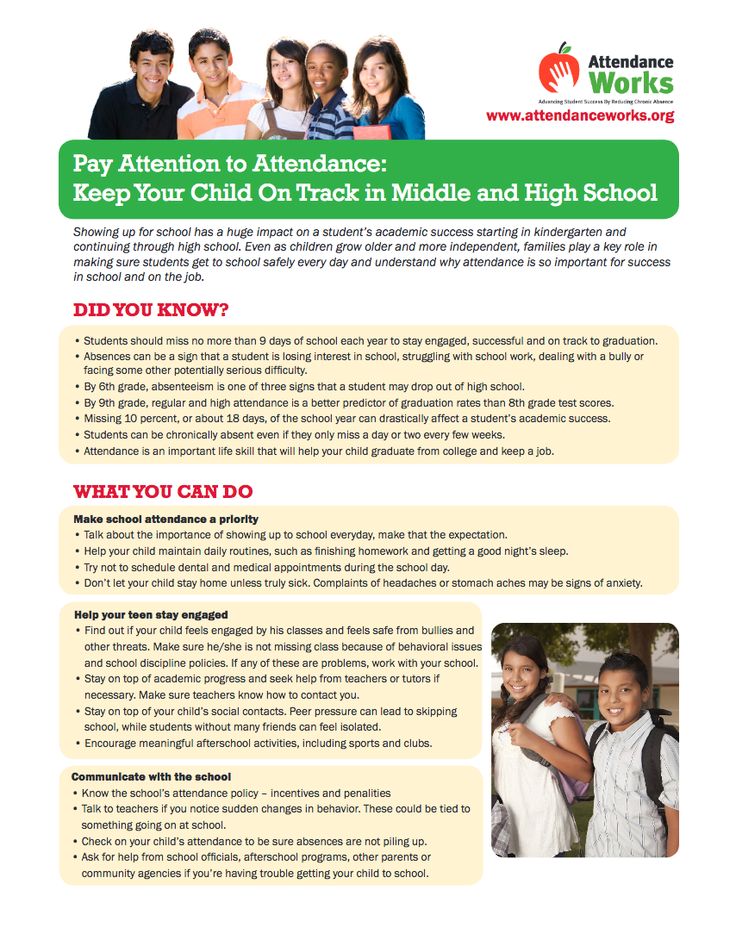
Mind games
There are many entertaining games that train attention. Depending on the age and abilities of the child, they can be made more and more complex, and most importantly, most of them can be played anytime, anywhere.
- Snowball or Sheep's Head . The first participant in the game calls the word, the second repeats it and adds his own, the third repeats two words already and adds his own - and so on, until someone goes astray. The participant who made a mistake says “ram's head” instead of the forgotten word. After that, all participants in turn, reproducing the chain, must also mention the ram's head in the right place. The more participants in the game - the more interesting and difficult. nine0151
- "Edible-non-edible" . The leader throws the ball to a random player, naming the object. If the object is edible, the player catches the ball and becomes the leader; if it is inedible, the player hits the ball back.
 The difficulty of the game depends on the speed and criterion chosen to replace the edibility. It can be anything, for example, metals and non-metals.
The difficulty of the game depends on the speed and criterion chosen to replace the edibility. It can be anything, for example, metals and non-metals. - Find object . Pick an inconspicuous detail in the field of view and ask the child to find it. It can be any static object visible from a given angle: a tree, an image on a road sign, a word on a sign, and so on. Such a game not only develops attention, but also allows you to pass the waiting time, for example, in line to the doctor or in a traffic jam. nine0151
- Observer Mode . Invite the child to turn on the “observer mode”, that is, to focus his attention on the environment as much as possible. After a short period of time, ask him to close his eyes and ask a question about something that was in his field of vision. For example: “what is written on the billboard in front?”, “what kind of clothes was that person wearing?”, “how many red objects are in the room?” and so on.






